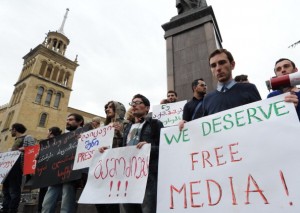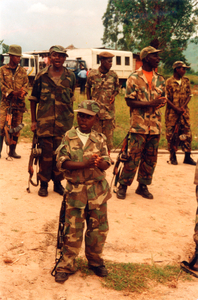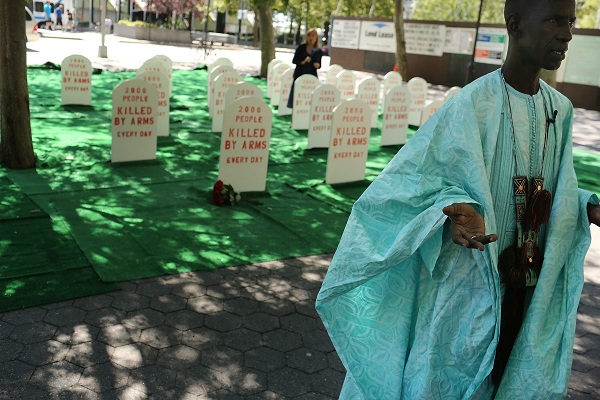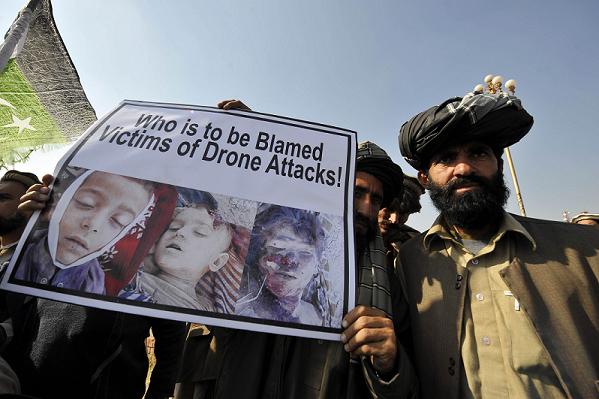
Cameroon, May 2013: A young man who has been frequently beaten in his neighborhood and evicted from his home because of his sexual orientation and gender identity (Photo Credit: Amnesty International).
By Colby Goodman, Senior Research Associate at the Security Assistance Monitor and a member of Amnesty USA’s Military, Security and Police Working Group
Late last month, the Obama Administration took the unusual step of suspending U.S. security assistance to Uganda in connection with its new “Anti-Homosexuality Act,” raising the possibility of similar U.S. restrictions for other African states on the eve of the U.S.-Africa Summit.
According to a June 24th Amnesty International fact sheet, homosexuality is illegal in 38 African countries and punishable by death in four of these states (Mauritania, northern Nigeria, southern Somalia and Sudan).






